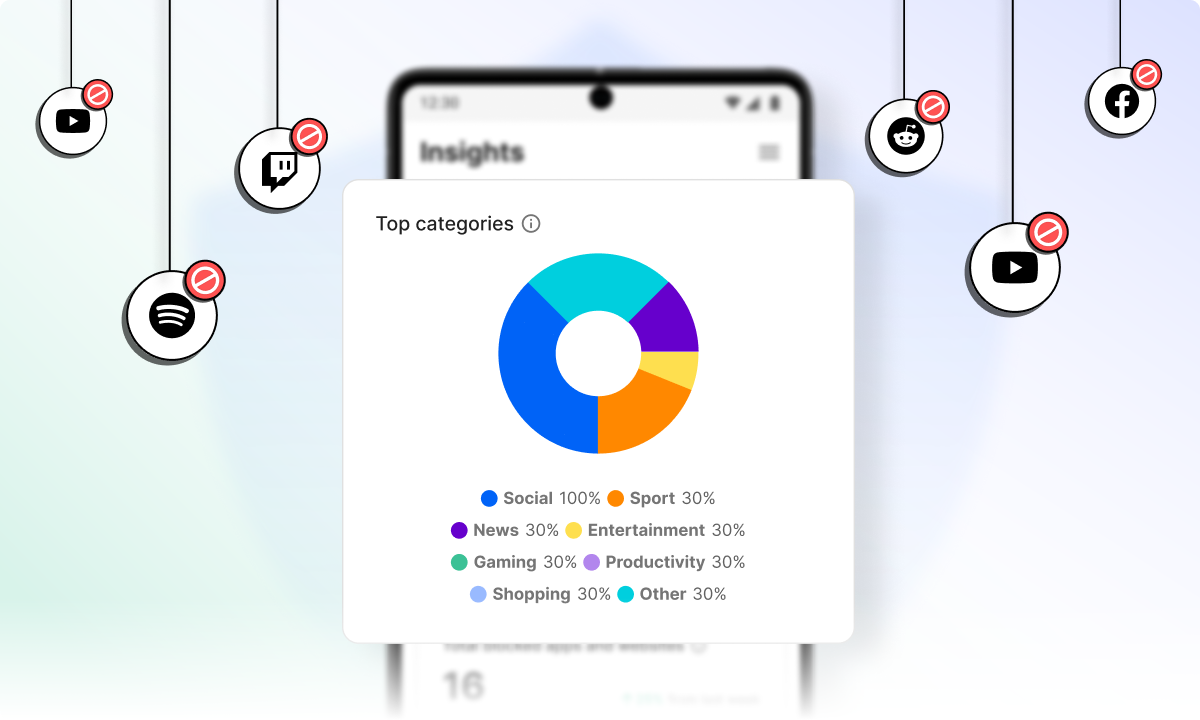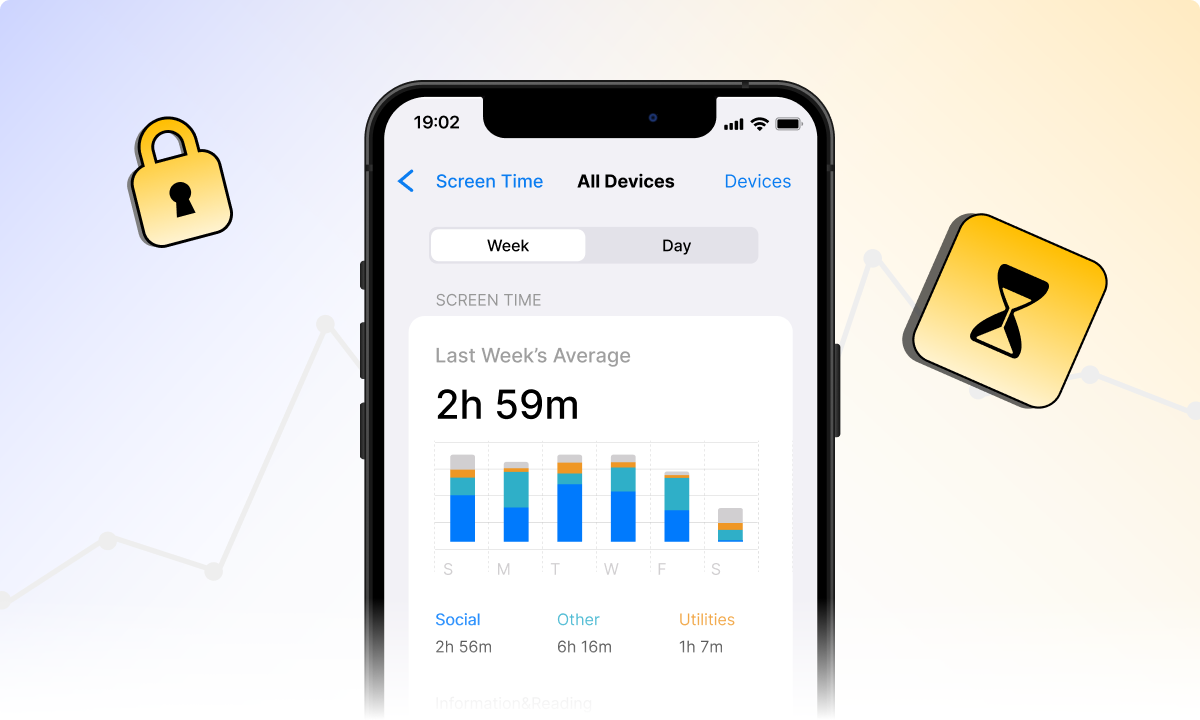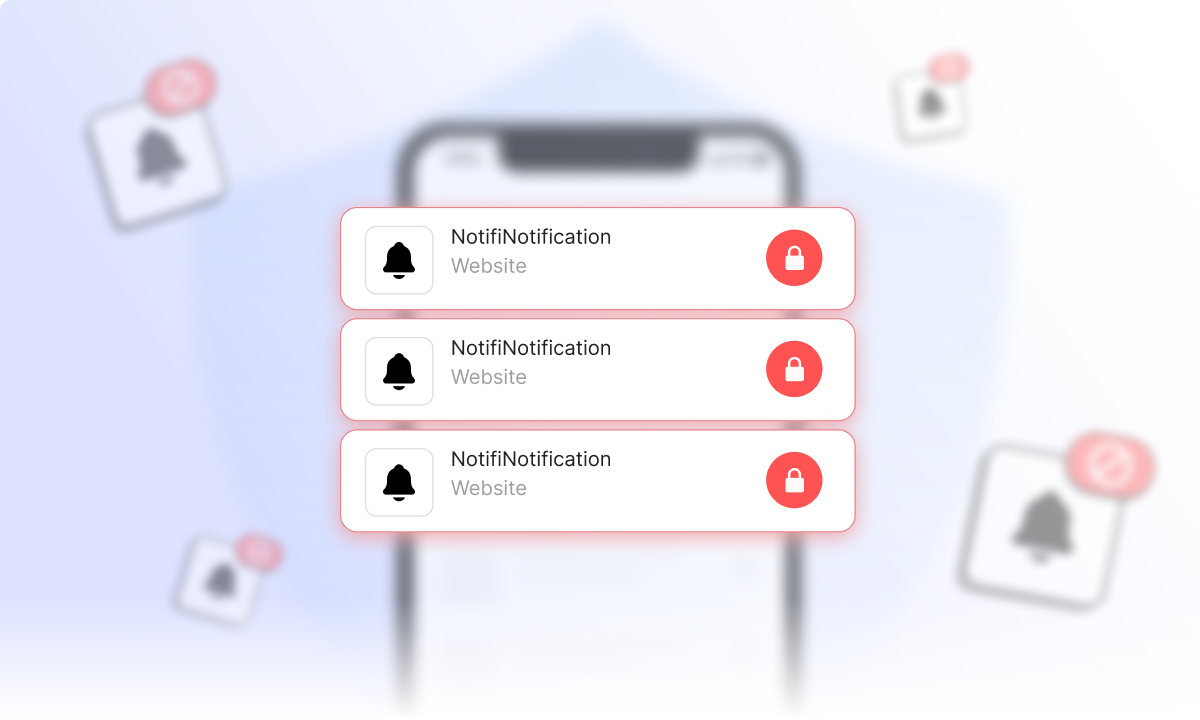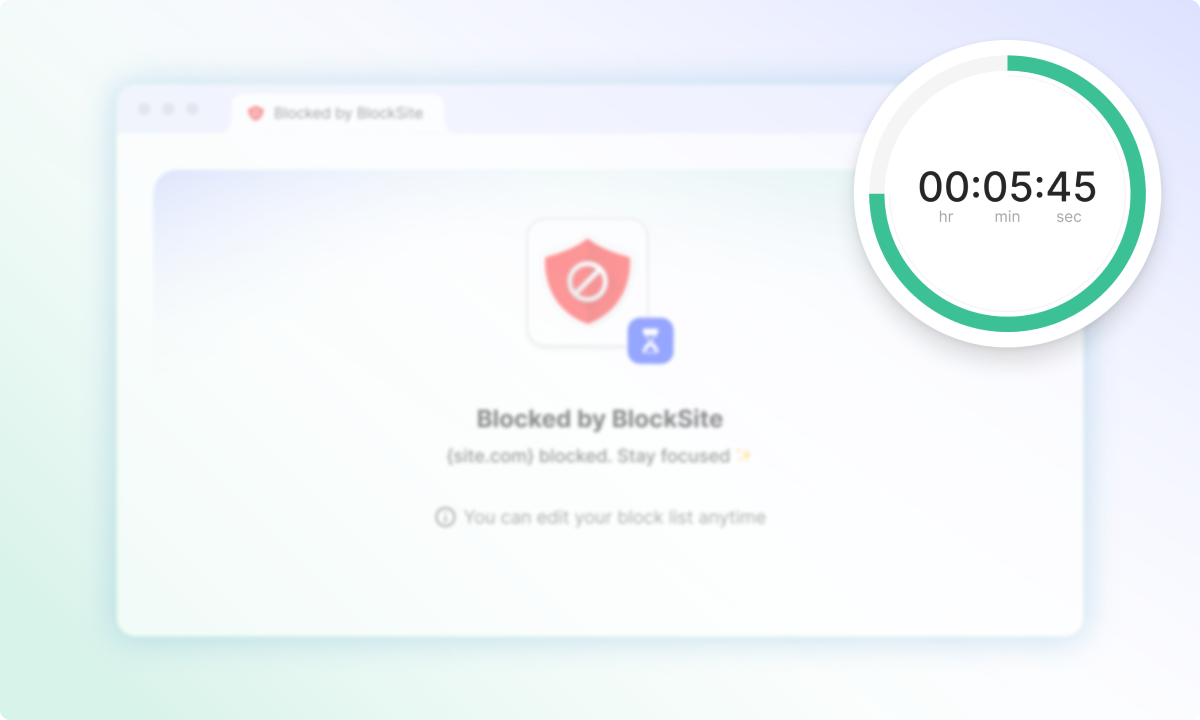If you can’t focus while reading, you are not alone. With so many distractions these days, it’s so easy for anyone to lose track of what they are reading. This in-depth guide will provide you with practical strategies and deep insights into how to boost your reading concentration and productivity. Here, you’ll find practical tips and useful tools that will help you remain focused. Let this guide assist you in transforming your reading experience and process, from understanding why you are distracted, to the real actionable steps to keep you engaged and the role that technology can play.
Why is it important to focus while reading?
When you’re reading a book, a news item or any other material, you need to have full concentration if you want to fully understand it and remember important information. Such concentration helps in many ways:
Understanding of major ideas and details
Having full attention while reading gives an overview of the main ideas and finer details of the text. Such enhanced understanding may result in more complete and accurate perception and comprehension of the subject matter, thus enabling full appreciation of the views and insights that the author is trying to convey.
Better retention of information
Careful reading greatly enhances one’s memory of the information. Taking an active approach to the text helps you encode information better to the long-term memory. Consequently, it becomes easier to remember important ideas and fine details in the future, whether for personal, professional, or academic purposes.
Improved critical thinking
Focused reading will be instrumental in honing your critical thinking skills. When you engage your attention, you are more likely to analyze and evaluate content, question assumptions, relate ideas, and deepen your understanding of the material in a nuanced and reflective way.
Reduces the need to re-read parts of the text
Maintaining focus lessens the possibility of missing out on important points or failing to keep track of the narrative. And because of this, you won’t have to go back and reread specific sections, and this will save you a considerable amount of time. With consistent concentration, you get to enjoy a smoother and uninterrupted reading experience.
Why we sometimes can’t focus while reading
Several factors can impact concentration on reading. The first step in overcoming them is to understand what these factors are:
Dopamine-driven distractions from social media and gadgets
Social media and gadgets, in their nature, are synonymous with constant flashes of notifications and instant gratification, which spur dopamine releases into our brains, making it hard to focus on reading materials for so long. These distractions interrupt focus, wrenching one’s attention away from the text.
Mental fatigue and stress
In case of information overload or when the brain is under stress, it struggles to maintain focus. Mental fatigue can greatly reduce cognitive resources while stress may cause anxieties that divert attention. This can cause you to have a hard time processing and retaining information from the material you’re reading.
Environmental noise and interruptions
Background noise or loud conversation may substantially interrupt the reading process. These interruptions can easily take you out of concentration and will make it harder for you to go back to the material. Stress levels can also shoot up instantly under a noisy or chaotic environment and this may further impair not just your focus, but also your comprehension.
Lack of interest in the subject matter
If you’re forced to process information with content that you’re really not interested in, this will definitely lower your motivation to focus. If the topic of discussion sounds boring or seems irrelevant, it is definitely hard to pay attention and process information. Your mind can easily wander off and think about something else that’s more interesting.
8 tips to improve focus while reading
Don’t know how to focus on reading without getting distracted? Check out these recommended tips:
1. Set clear objectives
Define what you want to achieve before you start. Knowing what your objective is will keep you headed in the right direction and serve as a guide that will help in keeping you on track. For example, you could read a chapter or understand some concept while reading a textbook. Having clear goals keeps one motivated, oriented, and working toward milestones; this reinforces focus.
Setting short- and long-term goals can also help by giving one a roadmap to follow through on, hence avoiding overwhelming moments. Breaking down large tasks into smaller, more manageable pieces will help in keeping up the momentum. Periodically review the goals to measure progress and make adjustments as needed.
2. Create a distraction-free environment
Find a quiet spot, removing all sorts of distractions. BlockSite offers the facility for blocking some of the distracting websites or apps on your devices, letting you focus more. Creating a reading space by getting it free from any types of visual and auditory distractions will make your reading sessions more productive.
This can be further aided by personalizing your reading space, accompanied by comfortable furniture, good lighting, and as little clutter as possible. Experiment with different settings, but find one that works best for you. Remember, a distraction-free environment will help nurture the deep focus essential to getting yourself right into whatever you are reading.
3. Use timers and breaks
The Pomodoro technique includes reading for 25 minutes and then a 5-minute break. Run the cycle to freshen your mind. A timer helps in taking care of the timing so that you are not burnt out, and it also keeps the concentration level at a very high level while reading.
These intervals help reset your focus and prevent mental fatigue. If you have a really long reading session, add in longer breaks every few cycles. This keeps you focused and productive without feeling overwhelmed by your cognitive resources.
4. Practice active reading
Engaging actively with the text by highlighting important sections or jotting down notes not only aids comprehension but also improves information retention. Summarizing what you’ve read can help synthesize and internalize the material.
Additionally, discussing what you’ve learned with others can further solidify your understanding and provide new perspectives. Active reading transforms a passive activity into an interactive process, so you’re not just engaging but also enjoying it.
5. Prepare ahead
Have everything ready before you begin. Advanced preparation may include a glass of water, a comfortably cushioned chair, and perhaps any course materials or resources handy that you might need for your session.can help synthesize and internalize the material.
Anticipate any potential interruptions and plan how to handle these. Have a notepad or document ready to jot down any distracting thoughts or tasks that come up during reading. Preparation paves the way for an effectively focused session.
6. Use visualization and association techniques
Train your mind through mental imagery and associating new information with something familiar. It can make reading more of an active engagement in that, through visualization and association, ideas are interlinked with prior knowledge or visual schema in one’s mind.
Experiment with different techniques to discover the ones that work best for you. You could even visualize using mind mapping to maintain the complex ideas in their respective categories. Visualization allows you to change abstract ideas into concrete ones, which help you to understand and remember them.
7. Read in the right format
You could choose a physical book, an e-book, or an audiobook; whichever will help you keep your focus better. For example, you can move about while reading with an audiobook. Each has its advantages, and the one that best fits your reading style can make you more focused on what you’re doing. You can experiment with different formats and see what really works for you. Having the right format can make a substantial difference on how you will be able to retain information and enjoy the reading experience.
8. Setting up rewards
Reward yourself after accomplishing reading milestones. It can be a small treat, a little walk, or some little time of relaxation. Positive reinforcement boosts motivation, makes it easier to go down at that moment, and still allows you to look forward to the rewards awaiting you. Create a meaningful and motivating reward system. This principle follows that consistent hard work towards a goal deserves recognition and celebration.
Don’t let distractions control your reading habits
Concentration while reading can be achieved if the right plans and tools are used. Make sure that you employ strategies that create a distraction-free environment, set definite goals, and place timers. BlockSite helps by blocking distracting websites or even applications so make sure to use this tool to your advantage. Practice them consistently, and they will help develop better reading habits and hence productivity.
Take active steps toward improving your focus, and you will soon discover the joys of better comprehension and retention. Start today and see the difference things like these can make to your reading sessions.
FAQs
What can I do to make boring reading material more interesting?
Set mini goals, take notes, and summarize each section. Think about how you can relate the material to something you find interesting.
Is it better to read in the morning or evening?
It depends on your personal preference and when you actually feel most alert. Try both times and see what works best for you.
How can I minimize distractions from my phone?
Use apps like BlockSite to block notifications and apps which may distract you when reading.
Can background music help focus while reading?
Yes. Not just instrumental music but even white noise in the background neutralizes other noise and boosts concentration.
What should I do if I find myself repeatedly losing focus while reading?
If you continuously get distracted, follow the Pomodoro Technique by taking regular breaks, adjust your environment to get the least possible distraction, and read aloud or discuss it with a friend to keep yourself engaged.






